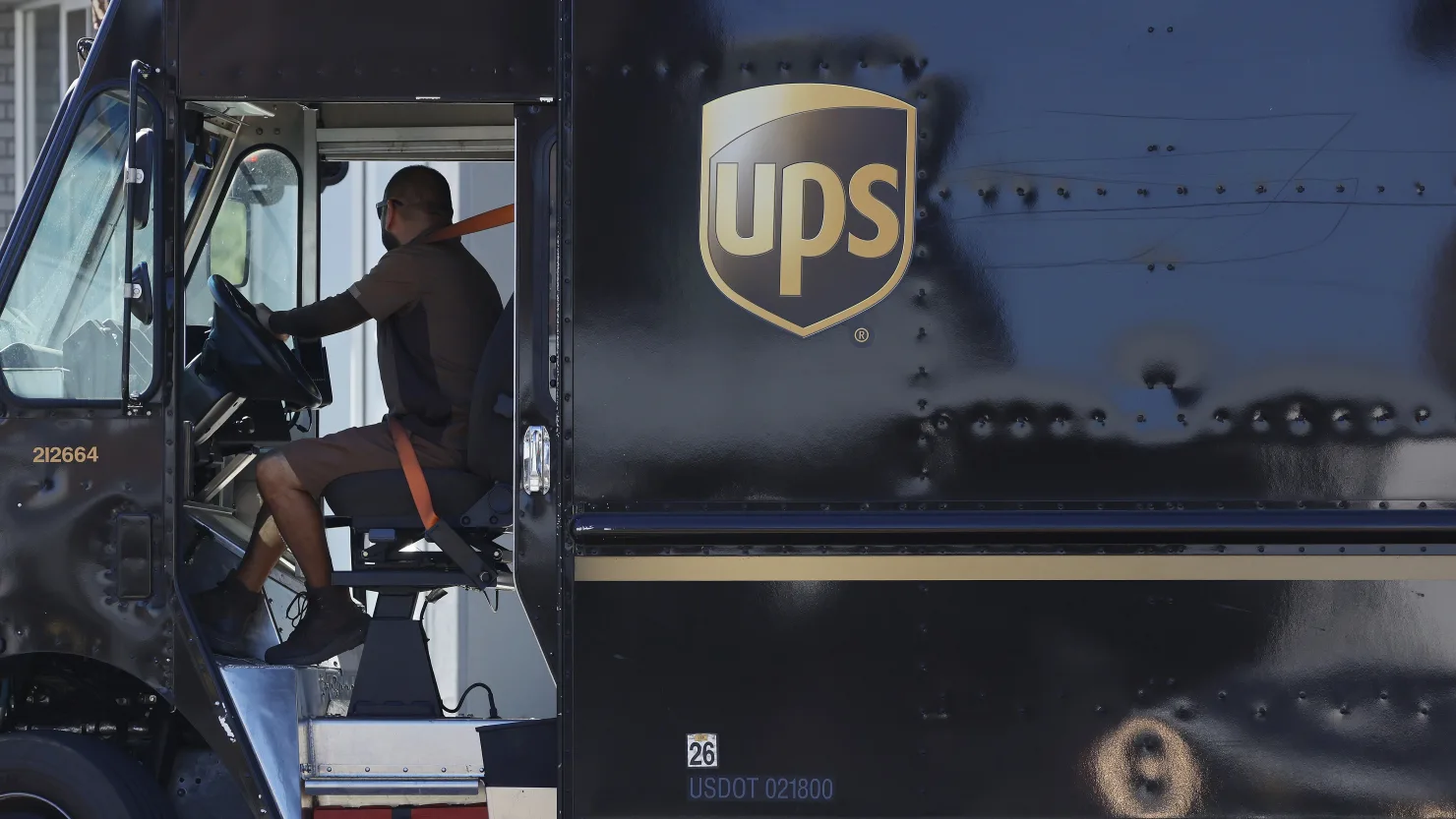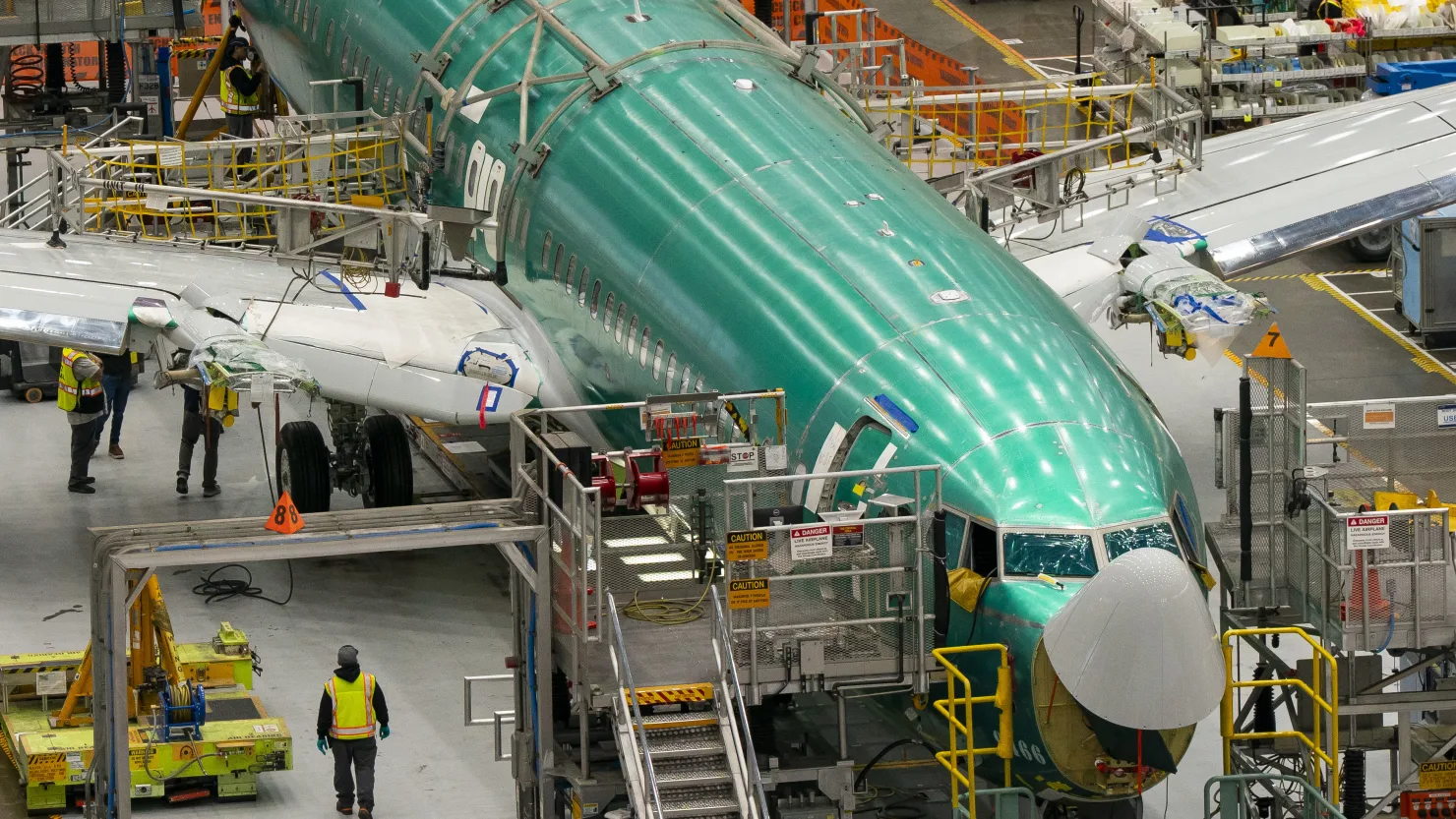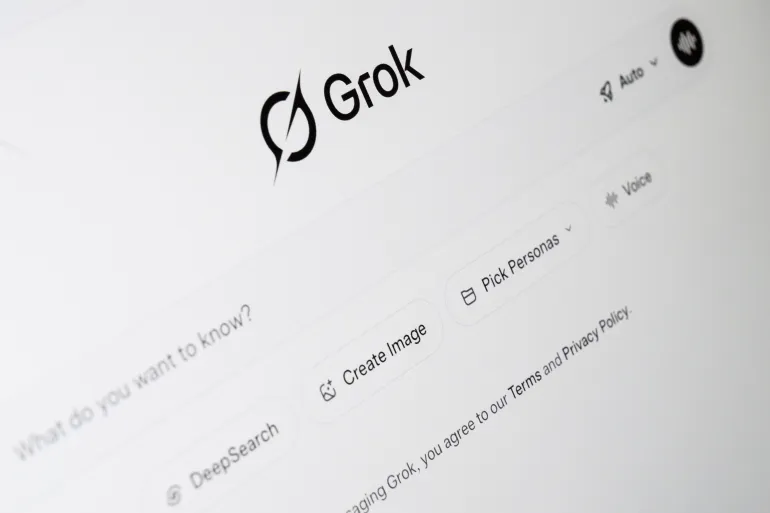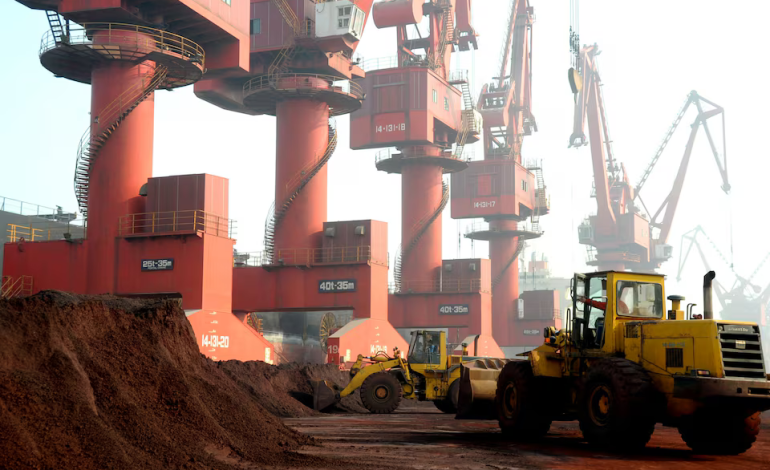China has issued temporary export licenses to rare-earth suppliers for major US automakers, according to a report from Reuters citing individuals familiar with the matter.
The move comes amid ongoing trade discussions between President Donald Trump and Chinese President Xi Jinping and may help ease recent concerns over supply-chain disruptions.
The licenses, some of which are reportedly valid for six months, were approved earlier this week for suppliers working with General Motors Co., Ford Motor Co., and Stellantis NV—the parent company of Jeep. The scope and volume of the approved materials were not disclosed.
Ford’s stock rose 2.2% Friday following the news, while Stellantis gained 2.4%. Shares of GM edged up less than 1%.
Stellantis confirmed it is coordinating with suppliers “to ensure an efficient licensing process” and added that it has so far avoided significant production delays. Ford and GM declined to comment, and the Chinese Ministry of Commerce has not issued a public statement.
China’s decision in April to tighten controls on exports of rare earths—a group of minerals critical to high-tech manufacturing and clean energy—has created bottlenecks across multiple industries. These minerals are vital to producing electric vehicles, wind turbines, smartphones, and defense equipment. China currently produces roughly 90% of the global rare earth supply.
The curbs sparked concern among US automakers and technology firms, and added tension to an already delicate trade truce between the world’s two largest economies. Last month, the US and China agreed to ease certain tariffs and expand dialogue, but the rare earth restrictions have emerged as a potential flashpoint.
President Trump criticized China’s export controls earlier this week, calling them a violation of the trade agreement reached in May. In a phone call Thursday, Trump and Xi discussed the issue, with Trump stating afterward that “rare earth magnets and some other things” were a key part of their conversation. Both leaders signaled intentions to continue negotiations.
The rare-earth restrictions have already disrupted US vehicle production. Ford confirmed it halted production of its Explorer SUV at a Chicago plant for a week in May due to a shortage of necessary materials.
While the new export approvals may ease immediate supply concerns, some industry analysts caution the underlying uncertainty remains.
“We have to give the Chinese the benefit of the doubt that they’re working through this,” said one source familiar with the licensing process. “It’s up to them to show that they are not weaponizing it.”
The approvals for auto suppliers follow similar licenses granted earlier to US electronics and non-auto companies. However, industry groups continue to describe China’s licensing process as cumbersome and unpredictable.
In a related development, China introduced a new tracking system for rare earth magnets this week, aiming to improve oversight and curb smuggling within the sector.










The latest news in your social feeds
Subscribe to our social media platforms to stay tuned